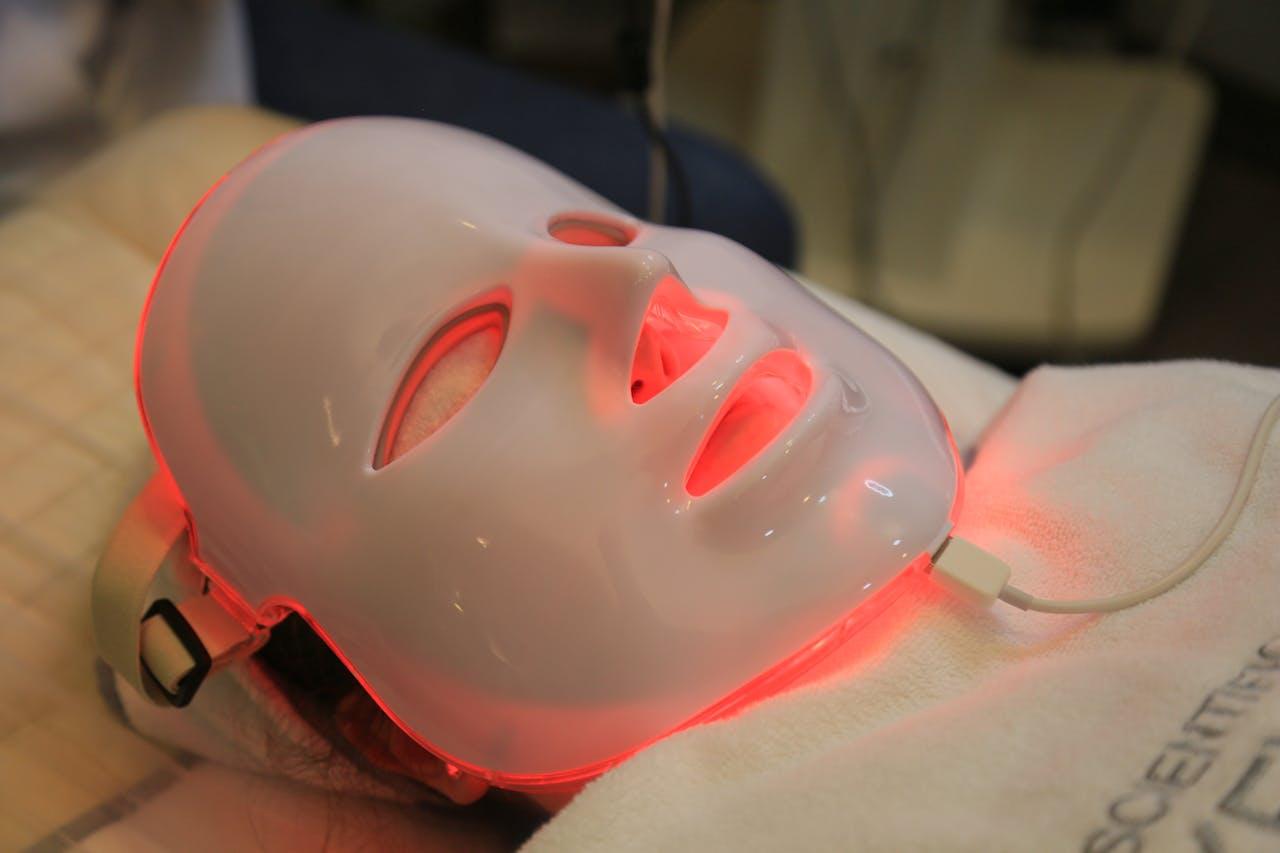Sexual Assault In Trump’s America: A Survivor’s Story

Every 73 seconds, someone in America is sexually assaulted. The act of sexual assault has no creed. Unfortunately, neither does the assailant. Being sexually assaulted can happen to anyone by anyone. The sad part is statistics show only five out of 1,000 perpetrators end up going away.
Why? Only 230 out of 1,000 instances are actually reported and for many reasons. One being the victim understands there’s a strong possibility nothing will happen to there attacker. For reasons like this, many are afraid to tell their story but there is always one brave soul ready for battle.
This is her story.
It was a typical workday for Jennifer Everett back in 2016. She worked at an architect firm in Charlotte, NC as an office manager. In the beginning, everyone was pretty open and friendly with her as the only women of color at the firm. Later on, she started to learn a little more about the person she called her boss. “About a year into it, I began to learn things about him and his personality, the office chatter and things we learned from him,” Everett says. “Trump was actually running at the time and all of this plays a part in how I feel about the stigma that white men can continue to do whatever they want to.”

When her company decided to do renovations, Everett was responsible for scheduling in-person meetings between contractors and her boss. She learned from past behavior that it was best to let her boss walk in front and never behind. While the team was leaving one room to head to another, her boss was very adamant in wanting Everett to go first. “As I was walking out the room, before I could even cross the threshold, he smacked my behind like it’s never been smacked before,” Everett remembered. “And as we were walking out, I stood there and looked like did that just happen?”
With 15 percent of sexual assault cases occurring in public places, a total of 12 percent happen at work. There is legislation in place meant to protect employees. Thanks to Title VII of the Civil Rights Act of 1964, it is illegal for employers to allow anyone to be sexually harassed at work, regardless of sex, gender or sexual orientation. Even though its illegal, the key issue is sexual harassment is all about power. Everett started to learn that lesson and quickly.
A concerned coworker saw a change in Everett’s demeanor and wondered what happened. It was after talking to her that she learned she wasn’t the first victim. “[My coworker] told me to reach out to a third-party person who talked to people within the company,” Everett said. “And she was adamant about me reaching out to them because apparently she had been sexually assaulted by someone else in the company. It became obvious that this was the culture and the women felt like they couldn’t say anything.”
Everett realized that the architectural world is dominated by white men. Even some of the white women she worked with felt as though they couldn’t come forward with information. She decided to take her colleague’s advice and reach out to the third-party person via email. When she got a reply, the individual knew exactly who she was talking about, responding with “Please don’t tell me he did something again.” Everett’s employer sent her home and was reassured that the company’s front office would handle it.
The company kept their word, after her assailant admitted his guilt, sending a memo to Everett that they spoke to her now ex-boss demanding he have no contact with her whatsoever. She would now be reporting to a senior vice president. The entire incident made it extremely difficult for Everett to attend company outings such as an upcoming luncheon. “I couldn’t go to work because I was still traumatized.”

The mental change in a sexual assault victim is not uncommon. It can cause long-term negative impacts on how survivors function and their overall quality of life. Post-traumatic stress symptoms occur in 94 percent of women who are physically attacked. Everett thought she took the time she needed and prepared to go back to work but she was wrong.
“The first day I went back to work, I got there early because I was still in the mind state of having work to do,” Everett remembers. “Before the day could get started, he came to work early, and I was in the supply closet getting things ready and he cornered me in there.” Her attacker now wanted to apologize. “He said Jennifer I’m not a bad person,” she recalls. “I can’t believe you told them I did this. It was just a joke. I’m not a bad person.”
Part II of Jennifer’s story is here.






